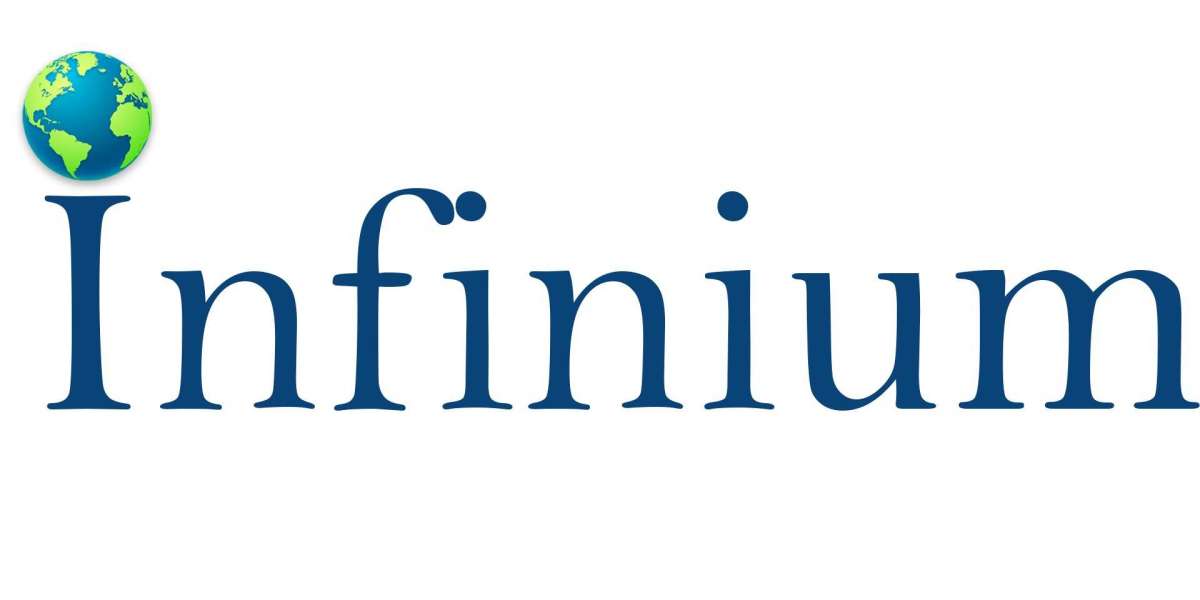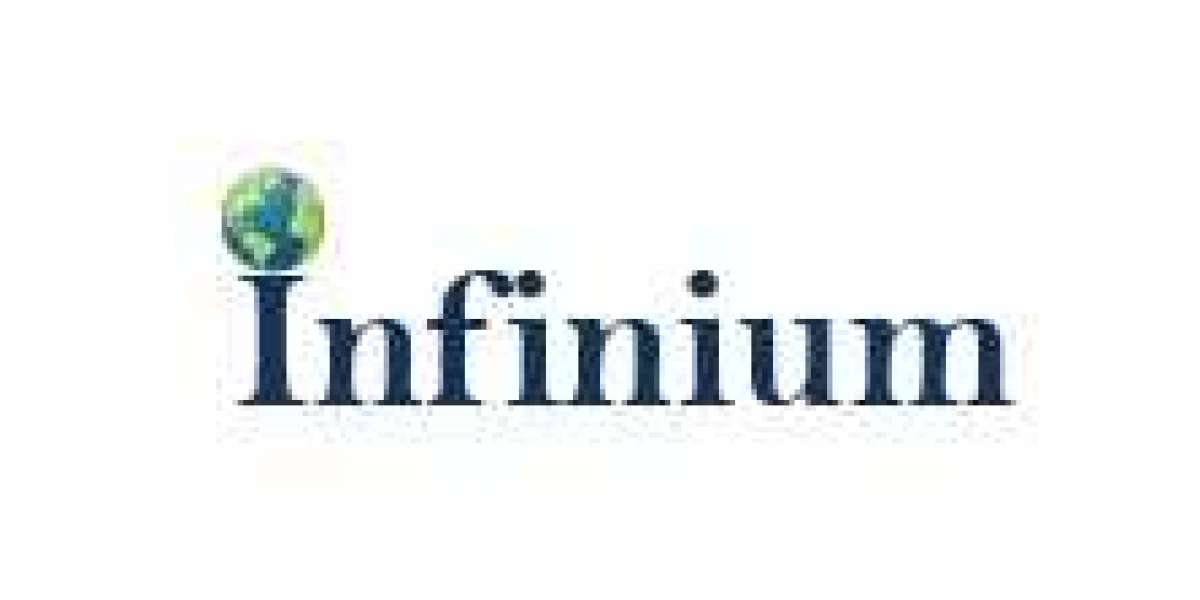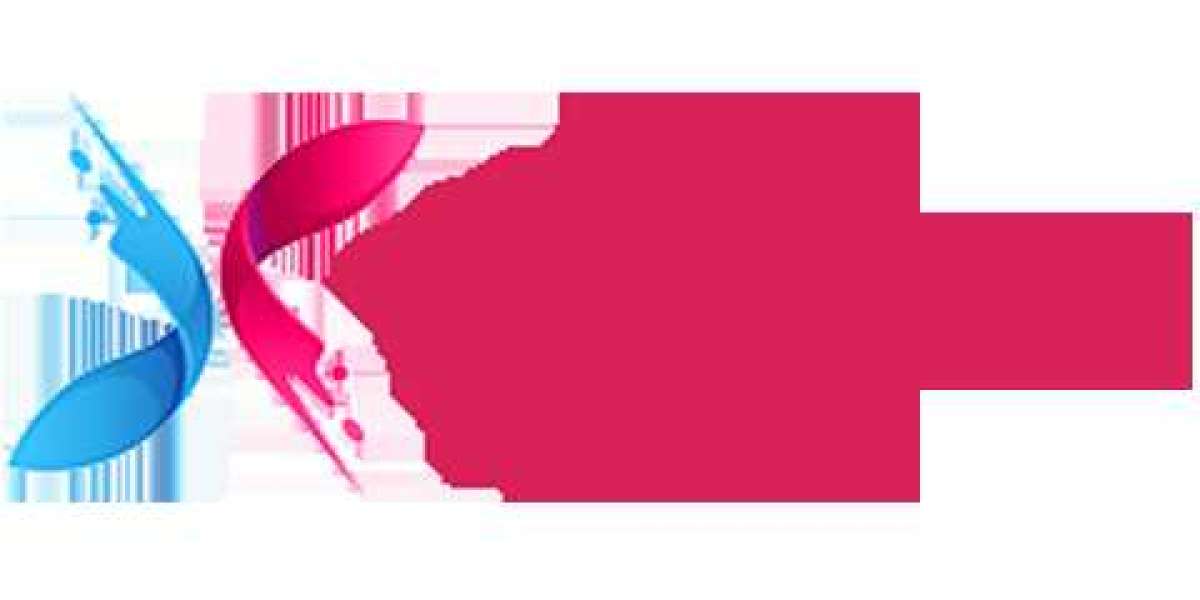Market Dynamics
Drivers:
Growing Pharmaceutical and Nutraceutical Markets: The increasing demand for pharmaceutical drugs and dietary supplements is driving the need for empty capsules. As health awareness rises, more consumers are turning to supplements, boosting the market for empty capsules.
Advancements in Capsule Technology: Innovations in capsule technology, including improvements in materials and manufacturing processes, enhance product performance and expand application areas, fueling market growth.
Rising Preference for Customized Formulations: The demand for personalized medicine and customized supplements is increasing. Empty capsules offer flexibility for manufacturers to create tailored formulations that meet specific consumer needs.
Challenges:
Raw Material Costs: Fluctuations in the prices of raw materials, such as gelatin and plant-based alternatives, can impact the production costs of empty capsules, affecting overall market dynamics.
Regulatory Compliance: The need to adhere to stringent regulatory standards for pharmaceutical and nutraceutical products can pose challenges for manufacturers, impacting market entry and expansion.
Competition from Alternative Delivery Systems: The emergence of alternative drug delivery systems, such as tablets, liquids, and innovative technologies like microencapsulation, presents competition to the traditional empty capsules market.
Opportunities:
Expansion in Emerging Markets: Increasing healthcare infrastructure and rising disposable incomes in emerging markets present significant opportunities for growth in the empty capsules market.
Development of Innovative Capsule Types: The introduction of novel capsule materials, such as vegetarian and biodegradable options, can capture niche markets and cater to evolving consumer preferences.
Strategic Partnerships and Acquisitions: Collaborations between capsule manufacturers and pharmaceutical or nutraceutical companies can enhance market reach and drive innovation.
Sample Pages of Report: https://www.infiniumglobalresearch.com/reports/sample-request/1006
Regional Analysis
North America: The North American market is characterized by a mature pharmaceutical and nutraceutical industry, high demand for dietary supplements, and significant research and development activities. The presence of leading manufacturers and strong regulatory frameworks support market growth.
Europe: Europe is experiencing growth due to increasing health consciousness and demand for personalized medicine. The region's emphasis on regulatory compliance and innovation drives the market for empty capsules, particularly in the nutraceutical sector.
Asia-Pacific: The Asia-Pacific region is a major growth driver, driven by rapid industrialization, expanding healthcare infrastructure, and increasing consumer spending on health and wellness products. Countries like China and India are key contributors to the market's expansion.
Latin America: The Latin American market is growing steadily, supported by rising health awareness and economic development. However, challenges such as regulatory hurdles and economic instability may affect market growth.
Middle East and Africa: The market in this region is relatively small but growing, with increasing investments in healthcare infrastructure and rising consumer demand for health supplements contributing to market development.
Market Segmentation
By Type:
Gelatin Capsules
Vegetarian Capsules
HPMC (Hydroxypropyl Methylcellulose) Capsules
Others (e.g., pullulan capsules)
By Size:
Small Size (e.g., 00, 0)
Medium Size (e.g., 1, 2)
Large Size (e.g., 3, 4)
By Application:
Pharmaceuticals
Nutraceuticals
Cosmetics
Others (e.g., veterinary)
By Region:
North America
Europe
Asia-Pacific
Latin America
Middle East and Africa
Competitive Landscape
Market Share and Pricing:
Large players such as Capsugel (now part of Lonza), Qualicaps, and Suheung Co., Ltd. dominate the market, holding significant shares due to their extensive production capabilities and established market presence. These companies have substantial influence over pricing due to their economies of scale and global reach.
Price Control:
Big players often set market standards for pricing, driven by their ability to negotiate with suppliers and leverage large-scale production. They also offer a range of products, from standard to premium options, catering to different market segments.
Competition from Small and Mid-Size Companies:
Smaller and mid-sized companies challenge larger players by focusing on niche markets, such as organic or specialized capsules. These companies often emphasize innovation and flexibility, providing competition domestically and internationally.
Key Players:
Capsugel (Lonza)
Qualicaps
Suheung Co., Ltd.
ACG Worldwide
Synlogic
Report Overview: https://www.infiniumglobalresearch.com/reports/global-empty-capsules-market
Future Outlook
New Product Development: New product development is essential for companies to maintain competitiveness in the empty capsules market. Innovations in capsule materials and designs, such as vegan and environmentally friendly options, can provide a competitive edge and meet changing consumer demands.
Sustainable Products: Sustainable products are becoming increasingly important as consumers and companies alike focus on environmental impact. Offering biodegradable or plant-based capsules can strengthen customer loyalty and align with broader sustainability trends.
Conclusion
The empty capsules market is experiencing significant growth driven by increasing demand from the pharmaceutical and nutraceutical sectors, advancements in capsule technology, and rising consumer preferences for customized formulations. While challenges such as raw material costs and regulatory compliance exist, opportunities in emerging markets and the development of innovative capsule types offer promising prospects. Companies that focus on new product development and sustainability are likely to lead the market, addressing evolving consumer needs and contributing to overall market expansion



